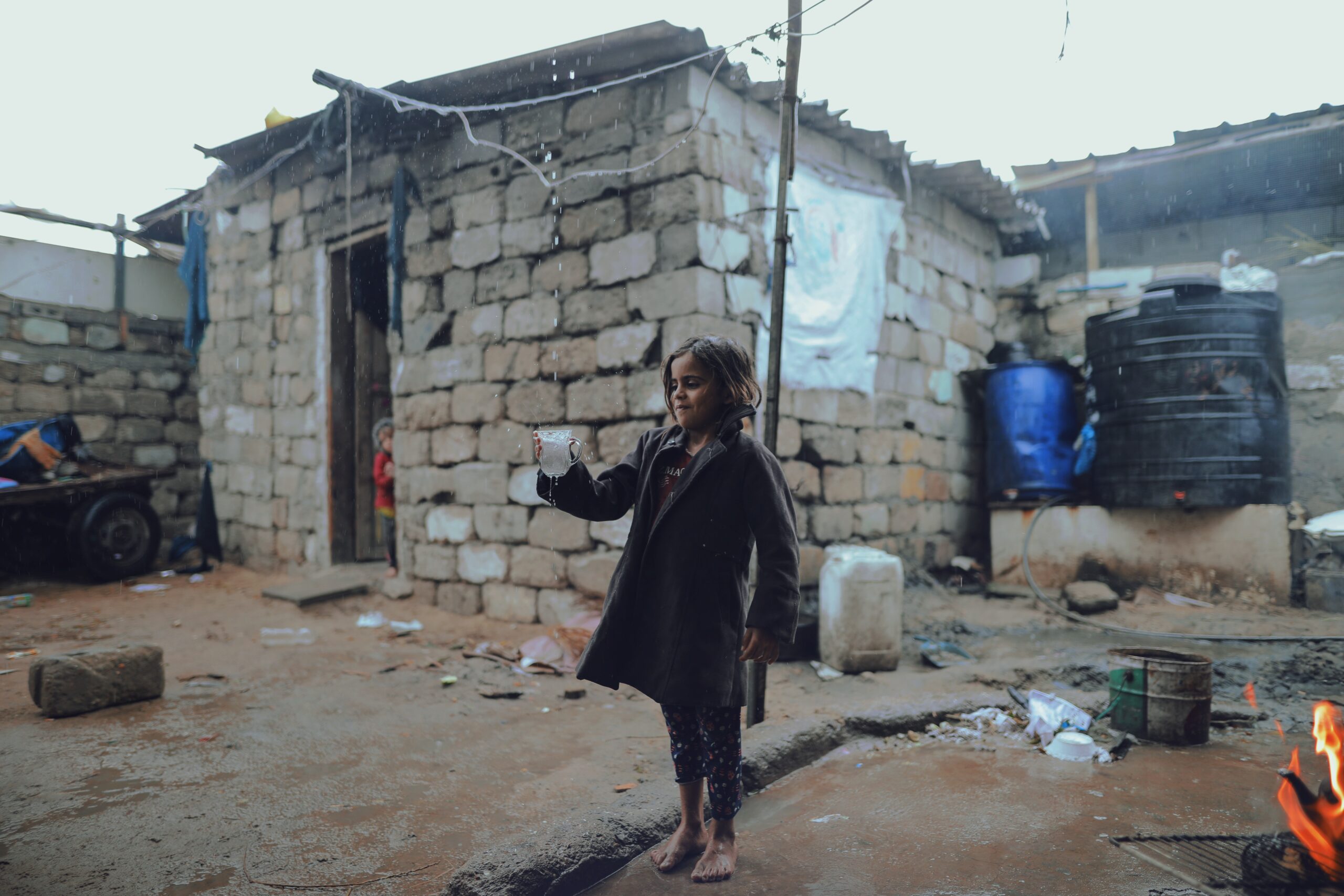En Canadá algunas cosas hay que hacerlas en privado
But now that beautiful day has generated a nasty court battle after she was hit with a $144 ticket from the city, which alleged her event was illegal because it involved religious worship.
This week her lawyer advised Montreal municipal court that he will challenge the fine on constitutional grounds.
The case illustrates how far the pendulum has swung in a province once dominated by the Church. Public displays of religious faith have come under increasing scrutiny in recent years as Quebecers have embraced secularism. The opposition Parti Québécois has proposed legislation that would prohibit members of the civil service from wearing "ostentatious" religious symbols. In a move targeting Muslim women who wear the niqab, the Liberal government has introduced a bill to require that those giving and receiving public services do so with their faces uncovered.
John Zucchi, a McGill University history professor who is president of the non-profit group that organized the 2009 event, said the case against Ms. Celani is evidence of state secularism gone overboard.
"I think there is something wrong here when you're renting space for private use that you cannot be free to do what is very important to you," he said "There's this idea that there's a new norm in Quebec, a secular norm, that we are all supposed to subscribe to."
Ms. Celani is named on the ticket because she signed the rental agreement with the borough of Lachine, on behalf of the En Route Foundation. The activities of the foundation, a federally registered charity, include the distribution of religious literature and the organization of spiritual symposiums and retreats.
In emails provided to Ms. Celani, borough employees alerted their superiors that in their eyes something fishy had transpired during the Oct. 4, 2009 gathering at Lachine's Maison du Brasseur.
"François, Daniel and I realized that it was a religious event," Virginie Gagnon, one of the witnesses against Ms. Celani, wrote. She reported that participants "celebrated mass in the Entrepôt room, and there was a meal and religious songs in the Maison du Brasseur afterwards." A ballet instructor who happened by "was even asked if she wanted to buy a rosary. However, if I am not mistaken, activities related to worship are prohibited in municipal buildings."
Another employee reported that the audio-visual presentations included a PowerPoint featuring Biblical passages. He confirmed that a mass was celebrated "roughly between 11:15 and 12:30."
About seven months later, Ms. Celani opened her mail to find a ticket. At first she assumed she had parked illegally or been caught speeding, but she quickly learned it stemmed from her rental of the Maison du Brasseur.
The fine print of her rental agreement, which she says she was never shown, spells out some restrictions: no smoking, no confetti inside or out, no propane tanks inside the building. Then it cites a zoning bylaw to declare that no activities of worship – "prayer, religious song and religious celebration" – are permitted. The area of Lachine where the Maison du Brasseur lies is not zoned for places of worship.
"When I got the ticket I thought, it's easier just to pay it. But I was really upset," Ms. Celani said. "I remember when I got that ticket I sat with it and thought, I can't believe that I'm getting a ticket because I participated in something that is very dear to me. . . . I was stunned."
She is now represented by a lawyer, Robert Reynolds, who in a brief court appearance Tuesday was granted more time to submit constitutional arguments. He said in an interview that he would first argue that the city is simply misinterpreting its zoning rules, which he said are supposed to govern the regular use of a building. "Saying that to rent it out occasionally for religious purposes somehow changes the destination makes no sense," he said.
If that fails, he will invoke protections of religious freedom enshrined in the Charter of Rights and Freedoms. "Freedom of religion includes the right to practise one's religion openly," he said. "Sure there may be restrictions. However in a situation like this, we are contending that it is overstepping the bounds."
Denis Gaumond, a political aide at Lachine borough hall, said the borough would not discuss a case that is before the courts. Ms. Celani is scheduled to return to court Feb. 22.
Mr. Zucchi said he is worried about the message that will be sent if the ticket is not overturned. "I just wonder how far the state's going to go," he said, noting that the building in question is also used for wedding receptions. "If a minister or rabbi or priest comes in to say grace, are they going to be stopped from doing so, or fined for doing so?"
National Post


 0
0
 2
2

